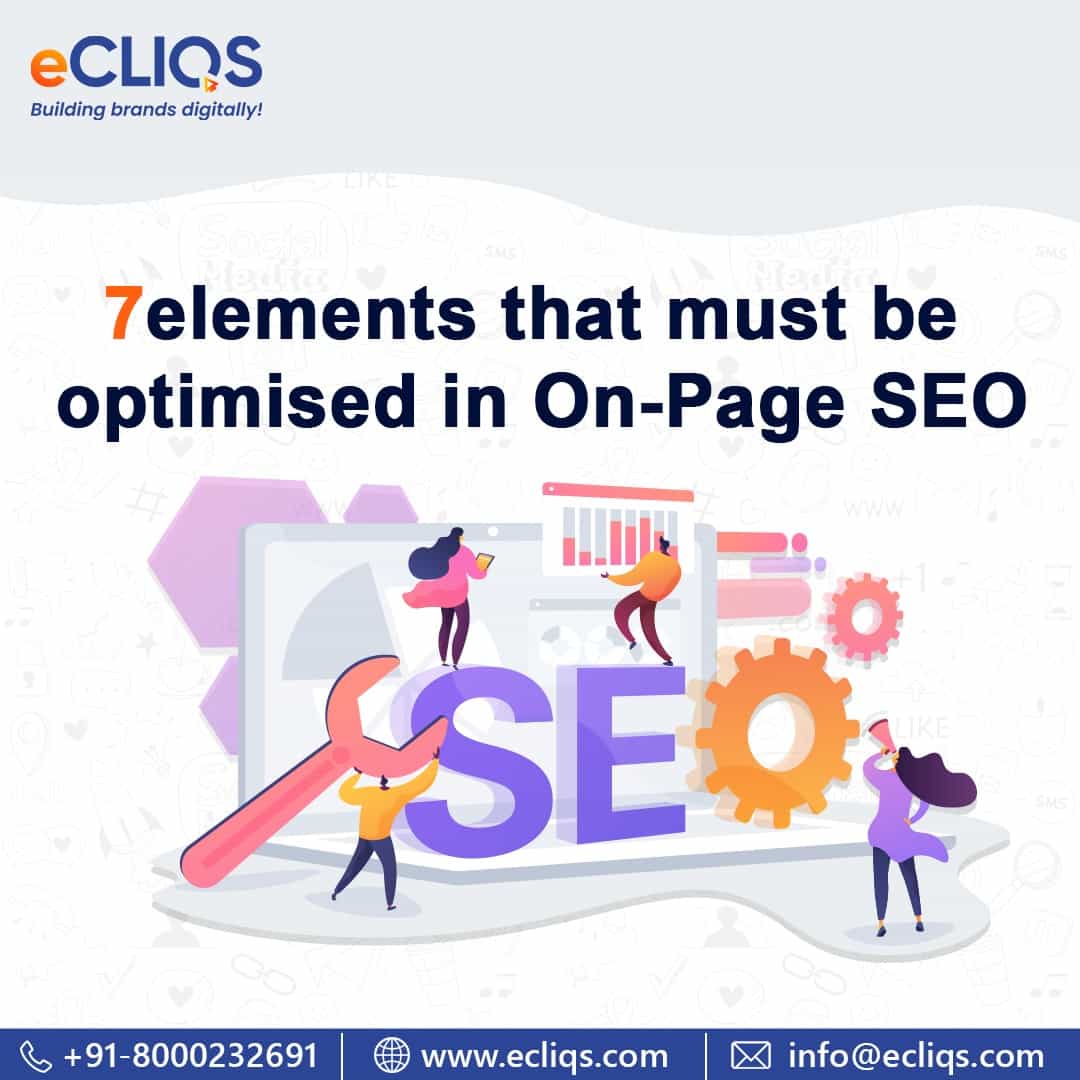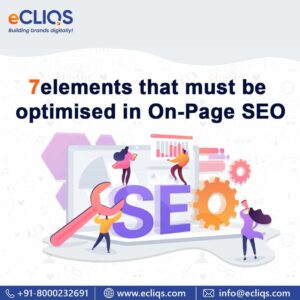
With over 1.5 billion existing websites and more than 2 million articles being posted every day, ranking high in SERPs has become more difficult than ever. Most of the good websites use SEO for better rankings and high traffic. These stats are enough to understand that with so much content available, it has become imperative for marketers to put-in extra effort to get their content noticed.
After crafting a piece of high-quality compelling content, you need to optimise it. Content optimization isn’t just using the right keywords, it’s more than that. On-Page SEO elements help in boosting visibility on search engines.
Why is On-Page SEO important?
On-page SEO helps in understanding the search engines better. It also helps in identifying whether the content is relevant to the search query or not.
Search engines are now better at understanding search queries. New and improved algorithms help search engines deliver results that meet users’ intent.
Adapting to these advancements is necessary. You can do that by making sure all your on-page elements are in place.
Here is a list of 7 elements that you should cover in on-page SEO.

1. Title tag
The title tag is one of the crucial elements of on-page SEO. It exists in the head section of a webpage. Adding your target keywords to title tags gives a cue or context about the content. Try to keep the keywords as close as possible to the beginning of the title tag. Also it has to be done in the right way so that it makes sense
2. Keywords
Keywords are the first thing that comes to the minds of most people when they talk about SEO. Keywords are an important aspect of SEO. Using it correctly harnesses its power to the fullest. Use keywords in the right quantity neither too less nor too many as keyword stuffing is penalised by search engines
3. H1 tags
H1 tags or heading 1 tag indicates the primary heading of the web page. It is one of the major ranking factors in search engine optimization. It is usually the most visually notable part of content. H1 tags are generally the title of your blog. It should describe the content precisely. The length of the H1 tag should be between 20 to 70 characters; going beyond this will dilute its influence.
4. Page URL
Page URL is another element that gets noticed first. While deciding which URL should be used, keep in mind the main keywords of the content. Try including keywords in URLs and separate them by hyphens.
URLs should be concise. Keep your URLs neat, keyword-focused, and descriptive. It will help users in understanding your content.
5. Meta descriptions
Meta descriptions are considered an important element of On-Page SEO. Writing a clear, short, and compelling meta description that reflects your content sufficiently can help in improving click-through rates and drive more traffic.
The length of meta descriptions should also be checked. Google can show meta descriptions of up to 320 characters, but it’s best to keep them between 70 to 160 characters.
6. Image optimization
Images make a website look more appealing and when properly optimized, they make for valuable SEO assets. Image optimization gives your content an additional opportunity to rank high and enhances the user experience. Add relevant images to your content so that it helps the user understand your content better.
Use the title keyword in the image title, alt tag, and filename of the image.
7. Internal and external links building
For On-page SEO, internal and external links in content are important. These links signal Google that the website is resourceful and citation-worthy.
Adding internal links not only helps the user find relevant content within your website but also helps in keeping search engine bots on your site for a longer duration.
Linking three to four reputable sites boosts your trust signal which again helps search engines rank.
Conclusion
On-page SEO is one of the major aspects of better rankings in SERPs. On-page SEO enhances the website structurally including design, mobile-friendliness, images, links, page size, etc. On-page SEO improves page speed and user experience. Including all the above points will not only boost your ranks in SERPs, but will also improve the credibility and reliability of your website.
References
- https://www.brafton.com/blog/creation/why-content-is-important-for-seo-2018-edition/
- https://tekeye.uk/computing/how-many-websites-are-there
- https://moz.com/google-algorithm-change
- https://www.ilfusion.com/checklist-7-key-on-page-seo-elements-for-better-content-optimization
- https://terakeet.com/blog/on-page-seo/
- https://backlinko.com/on-page-seo
- https://www.searchenginejournal.com/on-page-seo/essential-factors/


